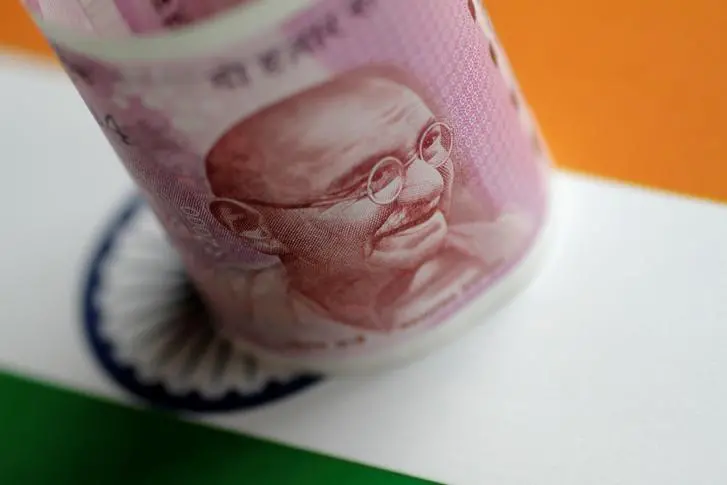PHOTO
The second pandemic wave has hit the Indian economy hard. The government has a major problem on its hands as cases continue to rise.
However, there's good news for Indian expats as the rupee may just fall further in the range of 76-78 to the dollar in the coming months.
The Indian currency has fallen below 75 against dollar for the first time since August 2020. It fell 0.4% to close at 75.0550 per dollar on Monday.
Economists at Nomura Holdings Inc. have downgraded their forecasts for India amid the second wave, cutting India’s GDP estimate for 2021 to 11.5% growth, from an earlier forecast of 12.4%.
The rupee was in the range of 72-74 against the dollar last year. The fall in value of the rupee may be good news for NRIs who wish to send money money home but, at the same time, businesses in India who are importing goods may have to shell out more money.
Bonds held on to last week’s gains, with the yield on the benchmark 10-year notes near the lowest since mid-February, amid optimism the central bank may keep its policy accommodative for longer to support the economy.
For these reasons, the rupee is expected to weaken further versus the dollar and the slow pace of vaccination is raising concerns. The RBI is trying to control the rupee's depreciation but, given the current situation, it is a big task.
Apart from Covid-19 related issues, there are macro-economic factors as well. A lower interest-rate regime is hurting the rupee. The Reserve Bank of India (RBI), in a bid to support government borrowing, has announced massive bond purchases.
It wants to keep the G-Sec yield at 6 per cent or below. The first phase of bond purchase will be on April 15. This means, the system will be flooded with excess liquidity. Already, banks are parking money in RBI’s reverse repo basket.
There is excess liquidity of Rs7 lakh crore in the banking system. With the RBI's bond buy plan, the system will get a fresh infusion of liquidity. If rupee liquidity goes up in the market, that puts pressure on its value, and the strengthening dollar will add to this weakness.
By injecting abundant liquidity in the banking system, the RBI is signalling that interest rates will remain low for a long time.
Moreover, the RBI has explicitly stated that the rate-setting panel will maintain an ‘accommodative’ stance as long as necessary to support growth. This means the monetary policy committee (MPC) is in no mood to hike key policy rates even if inflation is inching up. Growth is the priority now.
(Dixit Jain is Managing director at The Tax Experts DMCC.)
Copyright © 2021 Khaleej Times. All Rights Reserved. Provided by SyndiGate Media Inc. (Syndigate.info).





















